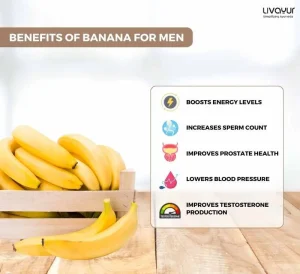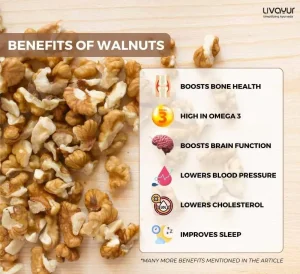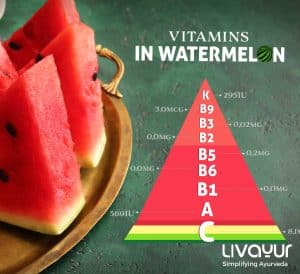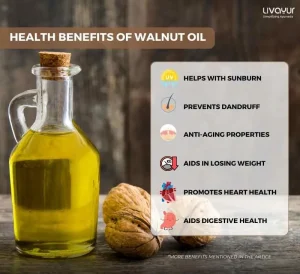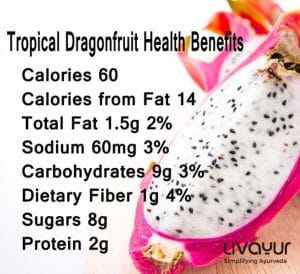This article has been reviewed by experts

In the quest for a healthy lifestyle, it is of utmost importance to prioritise the nutrients our bodies need. Among these, two vital vitamins that often go unnoticed are folic acid and vitamin B-12.
These essential nutrients play pivotal roles in our overall well-being, ranging from aiding cell division and DNA synthesis to promoting a healthy nervous system.
This blog aims to delve into the delightful assortment of foods that are enriched with folic acid and vitamin B-12. From vibrant leafy greens to succulent meats, our comprehensive guide will empower you to make well-informed choices, ensuring that your diet is abundant in these crucial vitamins.
Foods Rich in Folic Acid
1. Vegetables
Dark leafy green vegetables, such as spinach, turnip greens, collard greens, romaine lettuce, and asparagus, are excellent sources of folic acid. These versatile vegetables can be enjoyed raw, cooked, or juiced, providing a delicious and nutritious addition to your meals.
2. Cereals
Fortified cereals, particularly breakfast cereals, are a valuable source of folic acid. Additionally, whole wheat bread, pasta, and rice can contribute to your folic acid intake. Including these cereals and grains in your diet ensures a well-rounded folic acid consumption.
3. Legumes
Beans, lentils, and peas are rich sources of folic acid. Whether cooked or dried, these legumes offer a convenient and nutritious way to incorporate folic acid into your meals.
4. Fruits
Delicious fruits like oranges, bananas, grapefruit, and cantaloupe are also excellent sources of folic acid. Whether enjoyed fresh, canned, or frozen, these fruits provide a refreshing and healthy way to meet your folic acid needs.
5. Nuts and seeds
Almonds, sunflower seeds, and peanuts are fantastic sources of folic acid. Whether consumed raw, roasted or added to trail mix, these nutrient-packed nuts and seeds offer a convenient and satisfying way to boost your folic acid intake.
6. Whole grains
Whole wheat bread, brown rice, and quinoa are wholesome sources of folic acid. These grains can be incorporated into your breakfast, lunch, or dinner, providing a nourishing and flavorful addition to your meals.
7. Spinach
Spinach, a leafy green vegetable, stands out as a folic acid powerhouse. Whether enjoyed raw in salads, cooked as a side dish, or blended into smoothies, spinach offers a versatile and delicious way to increase your folic acid intake.
8. Avocado
Avocado, a creamy fruit, is another folic acid-rich option. Whether enjoyed as a snack, added to salads, or used as a spread on toast, avocados are a versatile and delicious way to get your daily dose of folic acid. Avocados add a creamy texture and richness to salads. Try adding them to a salad with leafy greens, tomatoes, and cucumbers. [1]
Foods Rich in Vitamin B-12
1. Meat
Meat serves as a substantial source of vitamin B12, which is an indispensable nutrient crucial for numerous bodily functions. In fact, this essential vitamin plays a pivotal role in maintaining the health of our nervous system.
2. Dairy
Dairy products such as milk, cheese, and curd are excellent sources of vitamin B12. These nutritious options not only offer a creamy and delightful taste but also provide a substantial contribution to our vitamin B12 intake.
3. Eggs
Eggs, often hailed as nature’s nutritional powerhouses, are a reliable and beneficial source of vitamin B12. Whether you prefer them scrambled, boiled, or poached, incorporating eggs into your diet ensures an adequate intake of this vital nutrient.
4. Poultry
Both chicken and turkey serve as valuable sources of this essential vitamin. These lean and versatile meats not only add delicious variety to our meals but also help maintain optimal vitamin B12 levels.
5. Seafood
Seafood, including salmon, trout, and tuna, is known for its rich vitamin B12 content. These delectable options not only tantalize the taste buds but also provide a significant amount of vitamin B12.
6. Shellfish
Shrimp, crab, and clams are additional sources of vitamin B12. These delicacies are not only delicious but also contribute to our vitamin B12 intake.
7. Fortified Foods
Certain cereals and plant-based milk alternatives have been enriched with vitamin B12 to enhance its availability. These specially fortified options offer a convenient and accessible way to ensure an adequate intake of this essential nutrient.
By incorporating these diverse sources into your diet, you can help ensure an optimal intake of vitamin B12, a crucial factor in maintaining overall health and well-being.[2]
Conclusion
Remember, a balanced diet serves as the foundation for optimal health. By incorporating these nutrient-rich foods, abundant in folic acid and vitamins, into your meals, you can proactively take charge of your well-being. Whether you choose a refreshing leafy salad to boost your folic acid intake or savour a succulent cut of meat to enhance your vitamin B-12 levels, your body will undoubtedly express gratitude for the nourishment it receives.
Therefore, when you plan your next menu, it is crucial to consider the nutrient content of your chosen ingredients. By practising mindful eating, you can ensure that your body receives the essential vitamins it requires to thrive, enabling you to perform at your peak for the exciting adventures life has to offer.
FAQS
1. What are the benefits of folic acid and vitamin B12?
folic acid and vitamin B12 are both essential vitamins that play important roles in our health. folic acid is needed for cell division and DNA synthesis, while vitamin B12 is needed for red cell production and nerve function. They are also important for pregnant women, as they can help prevent birth defects.
2. What are the best sources of folic acid?
The best sources of folic acid include dark leafy greens, fruits, vegetables, legumes, nuts, and seeds. Some good examples are spinach, asparagus, broccoli, Brussels sprouts, oranges, bananas, avocados, and lentils.
3. What are the best sources of vitamin B12?
The best sources of vitamin B12 include meat, poultry, fish, eggs, dairy products, and fortified cereals. Some good examples are beef, lamb, chicken, salmon, tuna, milk, cheese, curd, and breakfast cereals.
4. What happens if I don’t get enough folic acid or vitamin B12?
If you don’t get enough folic acid, you may be at increased risk of neural tube defects if you are pregnant. You may also experience fatigue, shortness of breath, and tongue inflammation. If you don’t get enough vitamin B12, you may be at increased risk of anaemia, nerve damage, and mood disorders.
5. Can I get folic acid and vitamin B12 from supplements?
Yes, you can get folic acid and vitamin B12 from supplements. However, it is important to talk to your doctor before taking any supplements, as they can interact with certain medications.
Disclaimer: This article is written from a health and lifestyle perspective. It is for general information and not meant to substitute any medical advice. Please consult your doctor for appropriate medical consultation.














